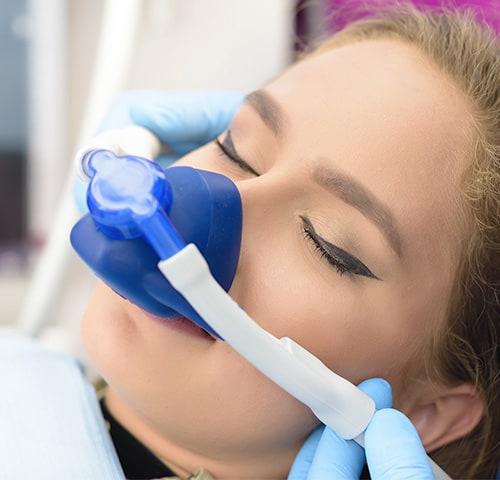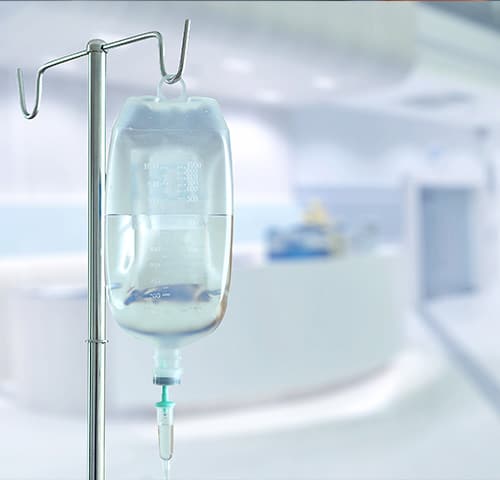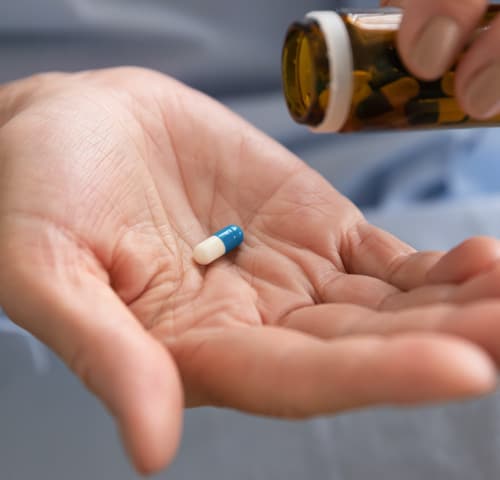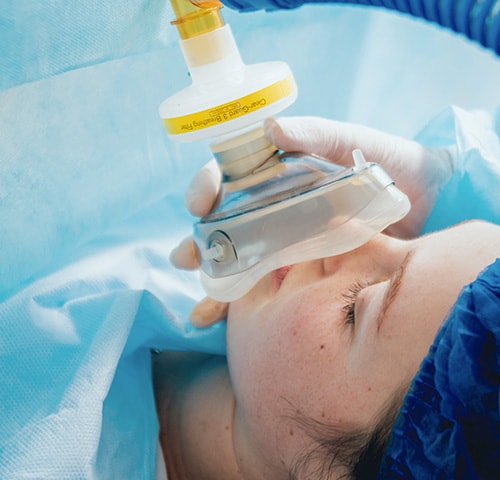Overcoming Dental Phobia: How Sedation Dentistry can be Solution
Forget About Pain With Sedation Dentistry, Southaven, MS!
Do you dread visiting a dentist? Are you scared of the needles or feel anxious about the dental drill sound?
Do not be afraid anymore. We have a solution for you! This solution was formulated especially for people like you, who have anxiety or fear towards dentists and avoid dentists. This solution is called sedation dentistry, Hornlake, MS.
Many people feel anxious before and during dental procedures. It’s okay to feel nervous or even fearful when anticipating an appointment.
We understand that our patients aren’t all the same, and we have great news: you have options! You can experience dental treatment in a comfortable, customized approach with several different methods of sedation.
Sedation helps reduce fear and anxiety by reprograming your brain; with subsequent visits, you will stop looking at the dental clinic as a scary place. Various dental procedures ranging from simple procedures like tooth cleaning to complex dental procedures like dental implants, can be performed under sedation. So, you do not have to compromise your oral healthcare for fear of facing a dentist and take care of it in a few easy appointments.
Benefits of Sedation Dentistry
Types Of Sedation Used In Sedation Dentistry
There are four types of sedation techniques used in dentistry. They are –

Inhalation Sedation Dentistry
Your dentist would give you nitrous oxide (laughing gas) and oxygen mixture for inhalation through a mask device.

Intra Venous (IV) sedation
One of your veins would be accessed to administer a drug through IV.


General anesthesia
Your doctor would give you a cocktail of anesthetic drugs to induce sleep. operations, minimizing the number of initial appointments.
Ready to get started?
Reach us now to schedule your consultation
Frequently Asked Questions on Sedation Dentistry
What exactly is sedation dentistry?
Why sedation dentistry?
What measures will my dentist take during the procedure for my safety?
- Body temperature – to prevent fluctuation of body temperatures
- Heart rate, rhythm, and blood pressure – to ensure proper blood circulation in your body
- Carbon dioxide (CO2) and respiration rate – to make sure you are breathing normally
- Oxygen (O2) saturation – for monitoring the proper flow of O2 in your body
- Our dental team will meticulously document data from all the monitoring devices, drugs administered, dosages, and administration time.
What measures should I take for my sedation visit?
How Safe Is Sedation Dentistry?
How long will it take for me to recover from sedation?
Who is eligible for sedation dentistry?
- Gagging problem.
- Dental fear or dental anxiety.
- Low pain threshold.
- Requiring complex or multiple dental procedures.
- Cannot sit still in the dental chair.
- Mental or physical challenges.
- Inability to keep their mouth open for long durations due to jaw troubles.
- Highly sensitive teeth.
- Children.



